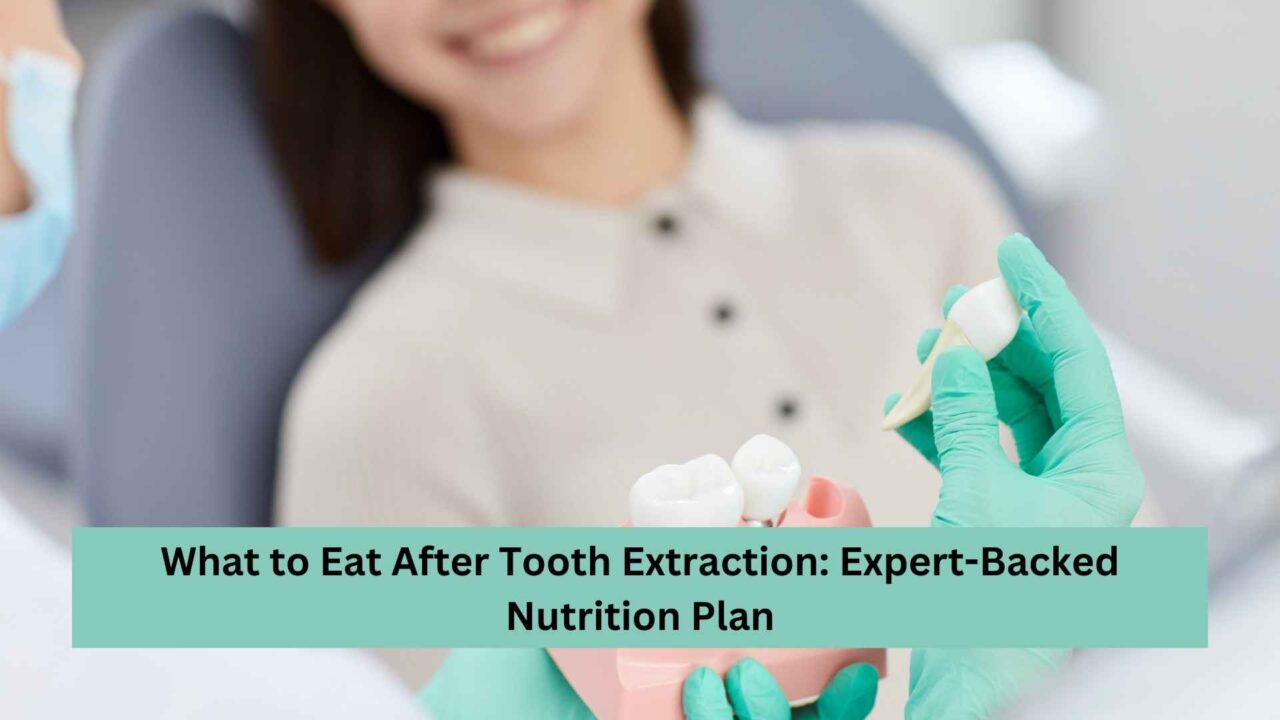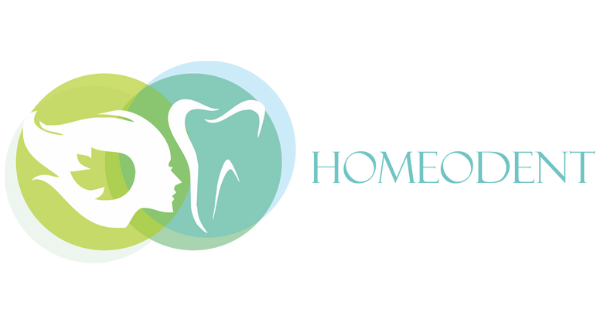
I. Introduction
1. Explanation of what tooth extraction is
Tooth extraction is a regular dental treatment in which one or more teeth are removed. It may be necessary due to tooth decay, gum disease, injury, or overcrowding.
2. Importance of proper nutrition after tooth extraction
It is essential to follow a healthy diet after tooth extraction to boost healing, prevent infection, and avoid problems. A balanced diet consisting of soft and nutritious foods can aid in the recovery process.
3. Overview of the article content
This article provides expert-backed information on what to eat and drink after a tooth extraction. We’ll discuss popular concerns like what foods are healthy and harmful for you, how long you should wait before eating and drinking, and how to deal with discomfort and swelling. We’ll also cover important aftercare tips and provide specific recommendations for wisdom tooth extraction. To learn more about what to eat after tooth extraction, keep reading below.
Call to action: If you want to ensure a successful recovery after a tooth extraction, keep reading for our expert-backed nutrition plan and aftercare tips.
II. What to Eat After Tooth Extraction
1. Timeline for eating after tooth extraction
After tooth extraction, it is best to wait at least an hour before eating or drinking anything. Then gradually start with ice cream or clear liquids like water, milk, juice, and non-aerated cold drinks without a straw. Gradually introduce soft foods that are easy to chew and swallow.
2. Soft food options that are easy to eat and nutritious
Soft foods are ideal after tooth extraction because they are easy to chew and swallow. Some good options include:
- Dal Rice
- Khichdi
- Bread
- Soups
- Yoghurt / Dahi
3. Nutritional benefits of specific foods, such as protein and vitamin C
Protein is essential for tissue repair and healing after tooth extraction. Good sources of protein include eggs, yogurt, cheese, and soft meats like boneless fish and shredded chicken. Vitamin C is vital in wound healing and is found in citrus fruits, strawberries, or kiwi. Also, pineapple.
Some additional resources to back up this information include:
American Dental Association: Nutrition After Extraction and Oral Surgery
National Institutes of Health: Nutrient Needs After Oral Surgery
1. Suggestions for meal ideas and snacks
Here are some meal ideas and snacks to consider after tooth extraction:
- Smoothies made with yogurt, fruit, and protein powder
- Scrambled eggs with avocado and cheese
- Mashed sweet potatoes with shredded chicken
- Broth-based soups with soft vegetables and noodles
- Soft fruits like bananas, peaches, and mangoes
- Cottage cheese
- Hummus with soft pita bread
These foods are not only nutritious but also easy to eat and digest, making them ideal choices for post-extraction meals and snacks.
III. Foods to Avoid After Tooth Extraction
1. Hard, crunchy, or sticky foods that can damage the extraction site
Avoid hard, crunchy, and sticky foods that can dislodge the blood clot and damage the extraction site. Some examples of foods to avoid include:
- Papad
- Wafers
- Khakra
- Biscuits
- Cookies
- Pickles
- Chutneys
2. Foods and drinks that are too hot or too cold
Avoid foods and drinks that are too hot, as they can cause pain and discomfort in the extraction site. Stick to lukewarm or room-temperature foods and drinks.
3. Foods and drinks that are too sweet or acidic
Avoid foods and drinks that are too sweet or acidic, as they can irritate the extraction site and delay the healing process. Some examples of foods to avoid include:
- Soda
- Fruit juices
- Citrus fruits
- Tomatoes
- Vinegar-based dressings
- Spicy foods
By avoiding these foods and drinks, you can promote healing and minimize the risk of complications after tooth extraction.
IV. Common Questions About Eating After Tooth Extraction
1. Can I drink water after tooth extraction?
Yes, you can drink water after half an hour of tooth extraction. In fact, it’s important to stay hydrated to promote healing. Just make sure the water is at room temperature and avoid using a straw for the first 24 hours.
2. Can I eat ice cream after tooth extraction?
Yes, you can eat ice cream after tooth extraction, but make sure it’s a soft and smooth variety, such as vanilla or chocolate. Avoid ice cream with nuts, candy, or other hard or crunchy mix-ins.
3. Can I drink milk after tooth extraction?
Yes, you can drink milk after tooth extraction. Milk is a good source of calcium and protein, which are important for healing. Avoid adding any sugar.
4. What is best to drink after tooth extraction?
Water is the best drink after tooth extraction. You can also drink clear soups at room temperature to stay hydrated and replenish electrolytes. Avoid alcohol, carbonated beverages, and sugary drinks.
5. How do you sleep after a tooth extraction?
After tooth extraction, it’s important to keep your head elevated for the first few days to reduce swelling and promote healing. Use a pillow or two to prop up your head while you sleep. Sleeping on your back.
6. Can I eat bread after tooth extraction?
You can eat soft bread after tooth extraction, but avoid crusty or hard bread that can irritate the extraction site. Soft white bread or whole grain bread are good options.
7. Can you eat rice after tooth extraction?
Yes, you can eat soft, well-cooked rice after tooth extraction. Avoid hard, crunchy, or sticky rice that can irritate the extraction site.
V. Tooth Extraction Aftercare
After tooth extraction, it’s important to take proper care of the extraction site to ensure a successful recovery. Here are some tips for managing pain and swelling, maintaining oral hygiene, and following the dos and don’ts for a successful recovery:
1. Tips for Managing Pain and Swelling
- Apply an ice pack to the affected area for 10-20 minutes at a time to reduce swelling.
- Take prescribed pain medications as directed by your dentist or oral surgeon.
- Avoid smoking or using tobacco products, as they can slow down the healing process and increase the risk of infection.
- Avoid strenuous physical activity or exercise for at least 24 hours after the extraction.
2. Recommendations for Maintaining Oral Hygiene
- Avoid brushing the extraction site for the first 24 hours after the procedure, but continue to brush and floss the rest of your teeth.
- After the first 24 hours, gently brush the extraction site with a soft-bristled toothbrush.
- Rinse your mouth with salt water or an antibacterial mouthwash as directed by your dentist or oral surgeon.
3. Dos and Don’ts for a Successful Recovery
- Do rest and take it easy for the first 24 hours after the procedure.
- Do eat soft foods and avoid hot foods or drinks that could irritate the extraction site.
- Do follow your dentist or oral surgeon’s instructions for medication and care.
- Don’t use straws or spit excessively, as this can dislodge the blood clot and delay the healing process.
- Don’t drink alcohol or smoke for at least 24 hours after the procedure.
- Don’t engage in any strenuous physical activity or exercise for at least 24 hours after the extraction.
It’s important to follow all of these guidelines to ensure a successful and speedy recovery after tooth extraction. If you have any questions or concerns, don’t hesitate to contact your dentist or oral surgeon for further guidance.
VI. Wisdom Tooth Extraction
1. Explanation of what wisdom tooth extraction is
Wisdom tooth extraction is a surgical procedure to remove one or more of the third molars, also known as wisdom teeth. Wisdom teeth typically emerge between the ages of 17 and 25, but they may cause problems such as impaction, infection, or overcrowding. In such cases, your dentist or oral surgeon may recommend removing them to prevent further complications.
2. Common side effects and how to manage them
After wisdom tooth extraction, you may experience common side effects such as swelling, pain, and bleeding. You can manage these symptoms with over-the-counter pain medications, ice packs, and rest. It’s also important to avoid smoking and using straws, as the sucking motion can dislodge the blood clot and delay the healing process.
3. Suggestions for what to eat and avoid after wisdom tooth extraction
Similar to regular tooth extraction, it’s important to eat soft, nutritious foods after wisdom tooth extraction. You can try options like mashed potatoes, scrambled eggs, or smoothies. It’s best to avoid crunchy, sticky, or hard foods, as they can damage the extraction site and prolong the healing process. Additionally, spicy or acidic foods and drinks may irritate the area and cause discomfort. Be sure to follow your dentist’s instructions and attend any follow-up appointments to ensure a successful recovery.
With proper care and nutrition, most people can recover from wisdom tooth extraction within a few days to a week. If you have any concerns or questions, don’t hesitate to contact your dentist or oral surgeon for advice.
VII. Conclusion
In summary, proper nutrition is crucial for a successful recovery after tooth extraction, whether it’s a routine procedure or wisdom tooth removal. It’s important to eat soft, nutrient-dense foods while avoiding hard, crunchy, or sticky ones, as well as hot, or acidic ones. Drinking plenty of water and other healthy beverages is also essential while maintaining good oral hygiene and following the dentist’s aftercare instructions can speed up healing and reduce the risk of complications.
If you’re looking for a local orthodontist with years of experience providing quality dental treatments and consultancy services in Mumbai, look no further than Homeodent. Our team of experts can guide you through the tooth extraction process and beyond, ensuring that you have the best possible care and support for your oral health. Contact us today to schedule an appointment or learn more about our services. Remember, taking care of your teeth is not just a matter of aesthetics, but of overall well-being.
